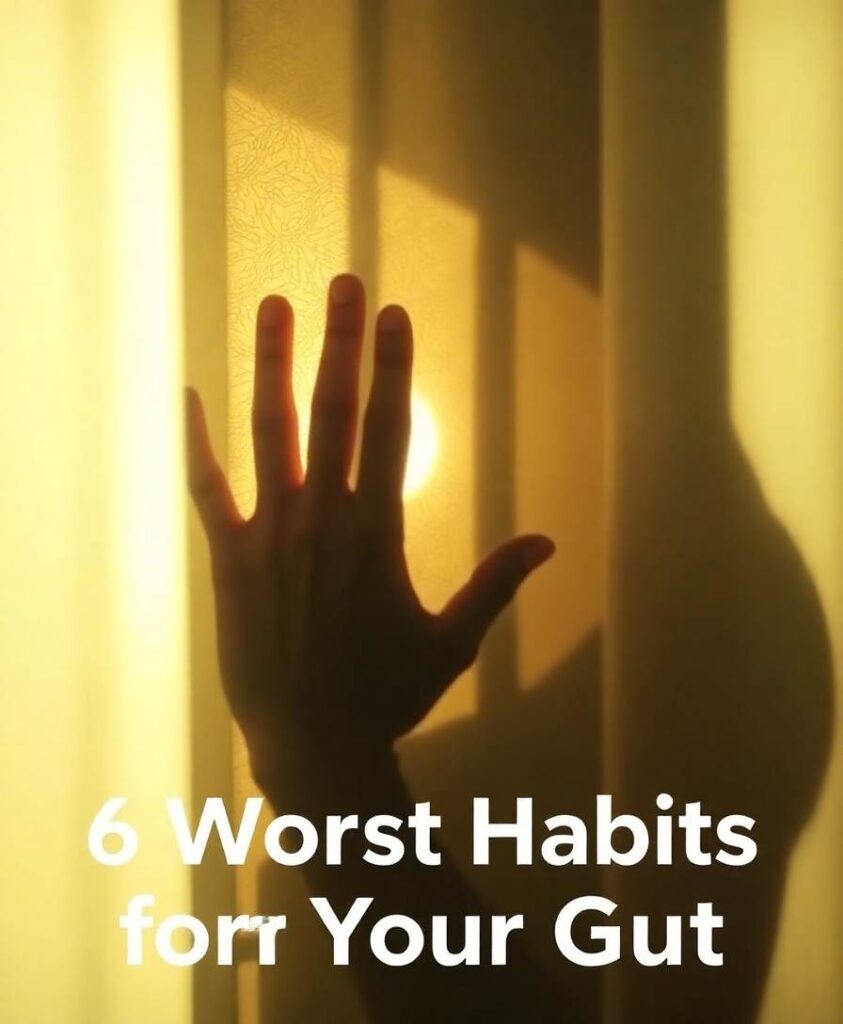Kaiser Health News
@jrovner
Read Julie’s Stories
Anna Edney
Bloomberg
@annaedney
Read Anna’s Stories
Joanne Kenen
Politico
@JoanneKenen
Read Joanne’s Stories
Kimberly Leonard
Washington Examiner

@leonardkl
Read Kimberly’s Stories
Reaction is still coming in about last week’s federal court ruling that declared the Affordable Care Act unconstitutional. And nearly final numbers for insurance sign-ups at healthcare.gov were surprisingly brisk despite the elimination of the health law’s tax penalty for not having insurance and a dramatically shrunken budget for outreach and enrollment assistance.
The panelists for this year-end edition of KHN’s “What the Health?” are Julie Rovner of Kaiser Health News, Joanne Kenen of Politico, Anna Edney of Bloomberg News and Kimberly Leonard of the Washington Examiner. Listen in to hear their choices for most important health policy story of the year, most overhyped and nerdiest, among others.
Also, Rovner interviews Frank Luntz, the Republican pollster and strategist, about the future of the health care issue for the GOP.
Among the takeaways:
As a response to the court decision invalidating the ACA, Senate Democrats tried to force a vote that would have Congress intervene in the lawsuit in support of the law. Republicans rebuffed that effort.
But for Republicans, the court ruling could be a minefield because Republican state officials brought the case and it could impact many popular provisions of the law. A number of GOP lawmakers are seeking to keep some distance from the case — at least now.
Enrollment in insurance plans offered on the ACA’s marketplaces surprised many people this week. The sign-up period for most states closed last week and the overall numbers appear to be about 4 percent lower than last year. That is a smaller difference than many people expected since the penalty for not having insurance is disappearing in 2019 and other, less comprehensive plans have been championed by the Trump administration.
Plus, for extra credit, the panelists recommend their favorite health policy stories or books of 2018 they think you should read, too:
Julie Rovner: The Arkansas Times’ “Locked Out of Medicaid,” by Benjamin Hardy
Joanne Kenen: “Bad Blood: Secrets and Lies in a Silicon Valley Startup,” by John Carreyrou
Anna Edney: The New Yorker’s “Why Doctors Hate Their Computers,” by Atul Gawande
Kimberly Leonard: BuzzFeed News’ “Here’s How Cornell Scientist Brian Wansink Turned Shoddy Data Into Viral Studies About How We Eat,” by Stephanie M. Lee
To hear all our podcasts, click here.
And subscribe to What the Health? on iTunes, Stitcher or Google Play.



